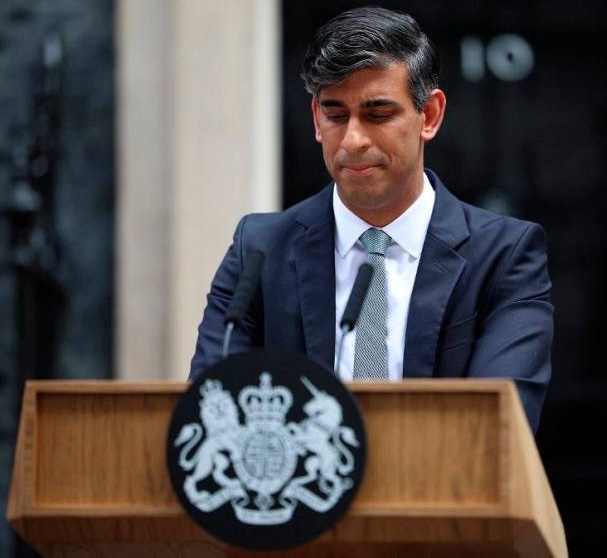In the United Kingdom (UK) parliamentary elections on 4th July, Keir Starmer was elected Prime Minister following a landslide victory for the Labour Party, which secured 412 out of 650 seats, far exceeding the required majority of 326.

This surprising win ends 14 years of Conservative rule, unseating the former leader Rishi Sunak, and signifies a radical shift in British politics.
But what lies ahead for electromobility?
Some industry experts expressed satisfaction with the results, arguing that the UK now has “a government that supports the adoption of electric vehicles (EVs)” and is “committed to promoting renewable and sustainable infrastructure in the region.”
The reason? Starmer’s faction has promised to invest in battery-producing gigafactories in the region and collaborate with companies to improve trade agreements.
At the same time, they aim to accelerate the electric car charging infrastructure, significantly improving charging accessibility for British users.
They also plan to reform the institutional framework to align with their net-zero emissions commitment, ensuring that UK financial institutions play a key role in mobilizing capital towards sustainable investments.
However, it is notable that in their manifesto and recent statements, Starmer did not address electric mobility, nor is the topic mentioned in the section “Labour’s First Steps Towards Change.”
UK previous government’s eMobility policies
Between 2022 and 2024, under Sunak’s leadership, the UK implemented significant measures to promote electromobility, focusing on economic incentives, charging infrastructure, regulations, and public awareness initiatives.

One of the pillars of this transition was the Plug-in Car Grant.
Although the aid amount decreased in recent years, the current version, effective since July 2024, offers up to 1,500 pounds for electric cars costing less than 35,000.
Nevertheless, support for plug-in hybrids has been considerably reduced.
Regarding recurring costs, electric cars are generally exempt from road tax during the first year and have much lower rates in subsequent years.
Additionally, many cities, such as London, have implemented Ultra Low Emission Zones (ULEZ) that exempt EVs from congestion charges.
Expanding the charging network is another crucial aspect of Sunak’s electromobility policies.
The goal was to establish a comprehensive charging infrastructure covering the entire country, including rapid chargers at motorway service stations, urban areas for quicker recharges, and charging points at destinations like workplaces and supermarkets for daily needs.
Regarding regulations, the Zero Emission Vehicle Mandate (ZEVM) is a developing policy implemented since 2020.
This mandate sets targets for car manufacturers, requiring them to sell an increasing percentage of zero-emission vehicles each year, thus incentivizing manufacturers to introduce more electric cars to the market.
Simultaneously, the UK reaffirmed its commitment to gradually phase out petrol and diesel vehicles.
Sunak banned the sale of new petrol and diesel cars and vans from 2030, followed by an eventual ban on their use, with the exact date yet to be determined.
The government and industry entities also launched public awareness campaigns to educate citizens about electric vehicles.
These campaigns address common concerns, such as “range anxiety,” and highlight the benefits of electric cars, including lower operating costs and environmental advantages.
Additionally, workplace charging schemes have been implemented, providing tax incentives for companies to install electric vehicle charging points.
This promotes the adoption of electric cars among employees, fostering a more sustainable environment.








